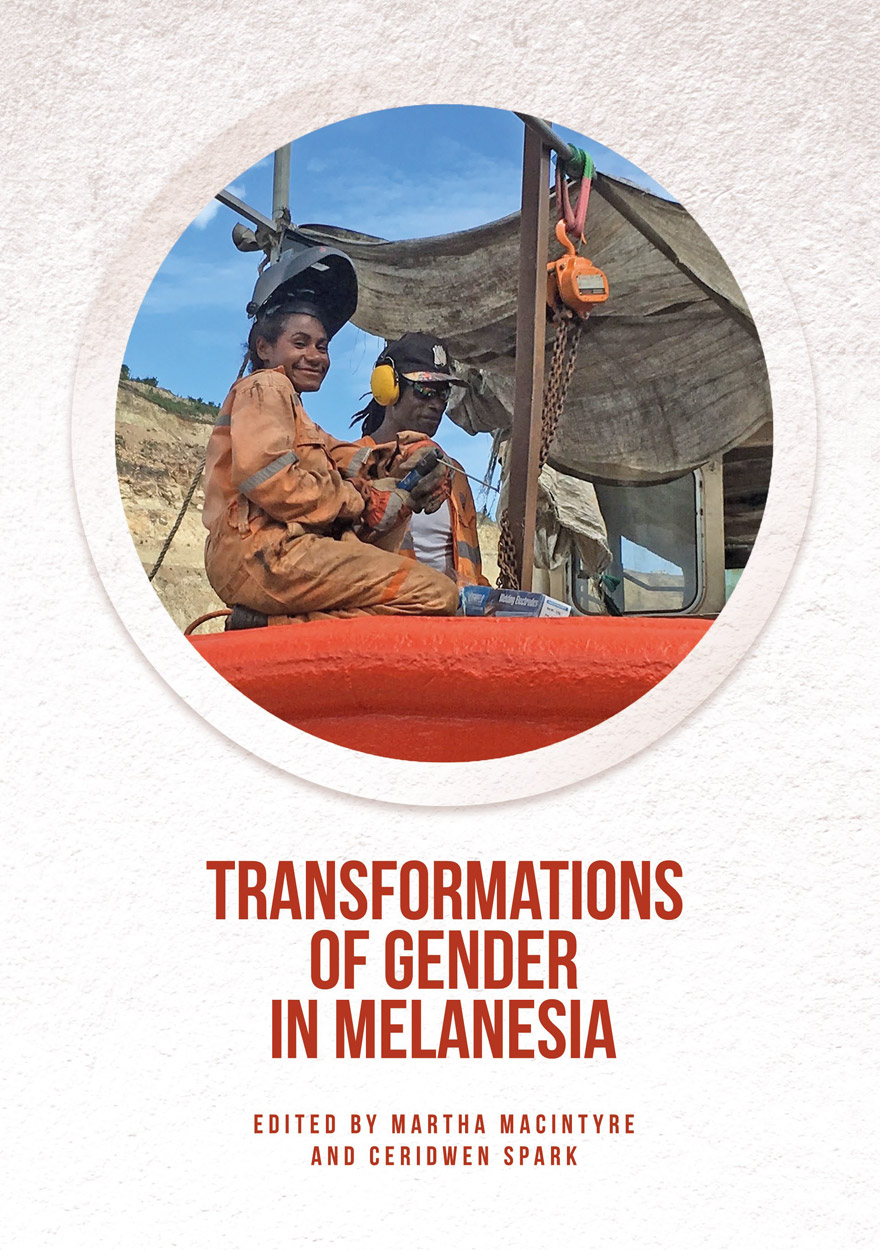Publication date: February 2017
Despite the plethora of research on gender and the many projects designed to improve their status in the Pacific region, women continue to be disadvantaged and marginalised in social, economic and political spheres. How are we to understand this and what does it mean for researchers, policy-makers and development practitioners?
This book examines these questions, partly by looking back but also by continuing the effort to explain and understand gender inequities in the Pacific through reference to the concept of societies in transition. The contributors discuss emerging masculinities and femininities in the Pacific in order to chart the development of these in their contexts. Exploring how contemporary Pacific identities are shaped by local contexts and traditions, they focus on how these are remade through interaction with global ideas, images and practices, including new forms of Christianity and economic transformations. Grounded in recent, original research in both the villages and towns of Melanesia, the collection engages with the study of gender in Melanesia as well as scholarship on global modernities.
‘This collection is a welcome addition to the study of gender in Melanesia … Collectively, the essays present complex, locally contextualised and regionally situated case studies of gender transformation occurring alongside, in many instances, the re-codification of hegemonic gendered norms and practices. Gender is not understood as simply code for women in this volume rather, the majority of chapters incorporate men and masculinities in their analysis of gender relations and dynamics. A highlight of the collection is the attention paid to how “the politics of tradition” (and of modernity) are expressed through morally loaded concepts of the “good” or “bad” woman or man and vice versa.’
— Kalissa Alexeyeff, University of Melbourne




